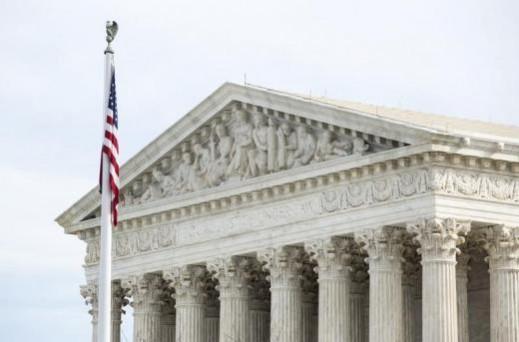
Privacy rights in the digital age have got a big boost after the United States Supreme Court ruled in favour of warrants, forcing law enforcement officials to seek legal permission before seizing mobile phone data.
In the Carpenter v United States case, judges ruled 5-4 for warrants, saying that the Fourth Amendment guarantees citizens protection from unreasonable search. Prior to the ruling, law enforcement could acquire cellphone data from wireless providers without any limits or restrictions.
Chief Justice John Roberts sided with the court's liberal judges Ruth Bader Ginsburg, Stephen Breyer, Sonia Sotomayor and Elana Kagan on the issue, while conservatives Anthony Kennedy, Clarence Thomas, Samuel Alito and Neil Gorsuch were against it.
While the ruling is limited to just location data through cellphones, it is a big win for digital rights activists in the country.
The court did state that it would grant exceptions in case of pursuing known suspects, or people threatened with imminent harm.
The case
The case came to light after plaintiff Timothy Carpenter filed a case after his arrest in April 2011 for several armed robberies in Detroit. He was sentenced to 116 years in prison, for his role as the mastermind in the group, and his responsibility for purchasing firearms for the gang.
As part of the case, prosecutors asked Carpenter's wireless provider to hand over his cellphone records, allowing the police to follow his location for 127 days and determine that he was near the stores when they were robbed. This was done in accordance with the Stored Communications Act, legally allowing police to obtain cell service provider's records under certain circumstances
Carpenter filed a plea with the Supreme Court, and his lawyer said that the broad collection of consumer location information puts the general public at risk.
Digital privacy
Prior to the ruling, it was common knowledge in the US and the rest of the world that consumers were consented to having their data tracked and stored through the 'Third Party Doctrine', whereby users would willingly sign up for services and share their data for them. In the US, two earlier cases ruled that by accepting such terms and conditions, users were consenting to the nullification of Fourth Amendment protections online.
While many people are divided on the issue, most argue that governments need to be more accountable and responsible when it comes to digital data. Following the expose by Edward Snowden on NSA's PRISM project, digital rights activists all over the world have been calling for more stringent laws around digital data and privacy.














